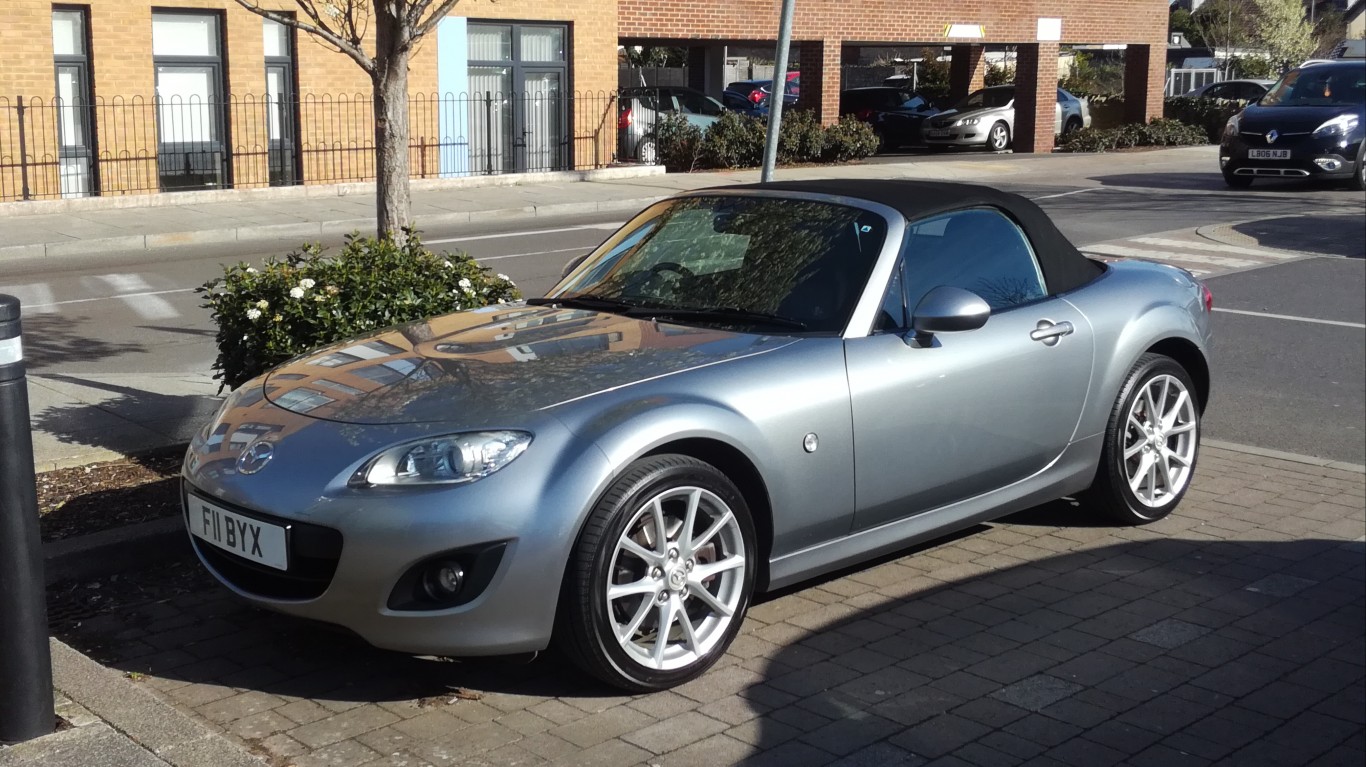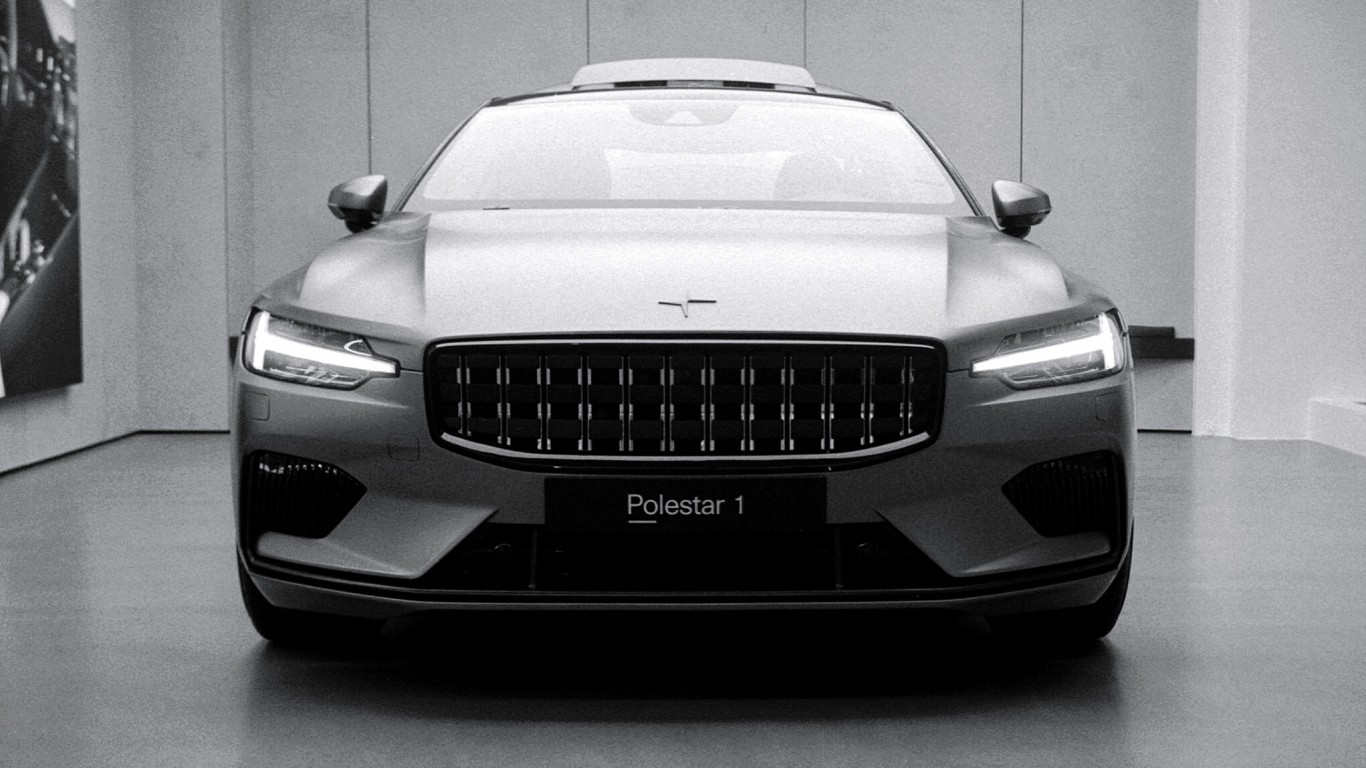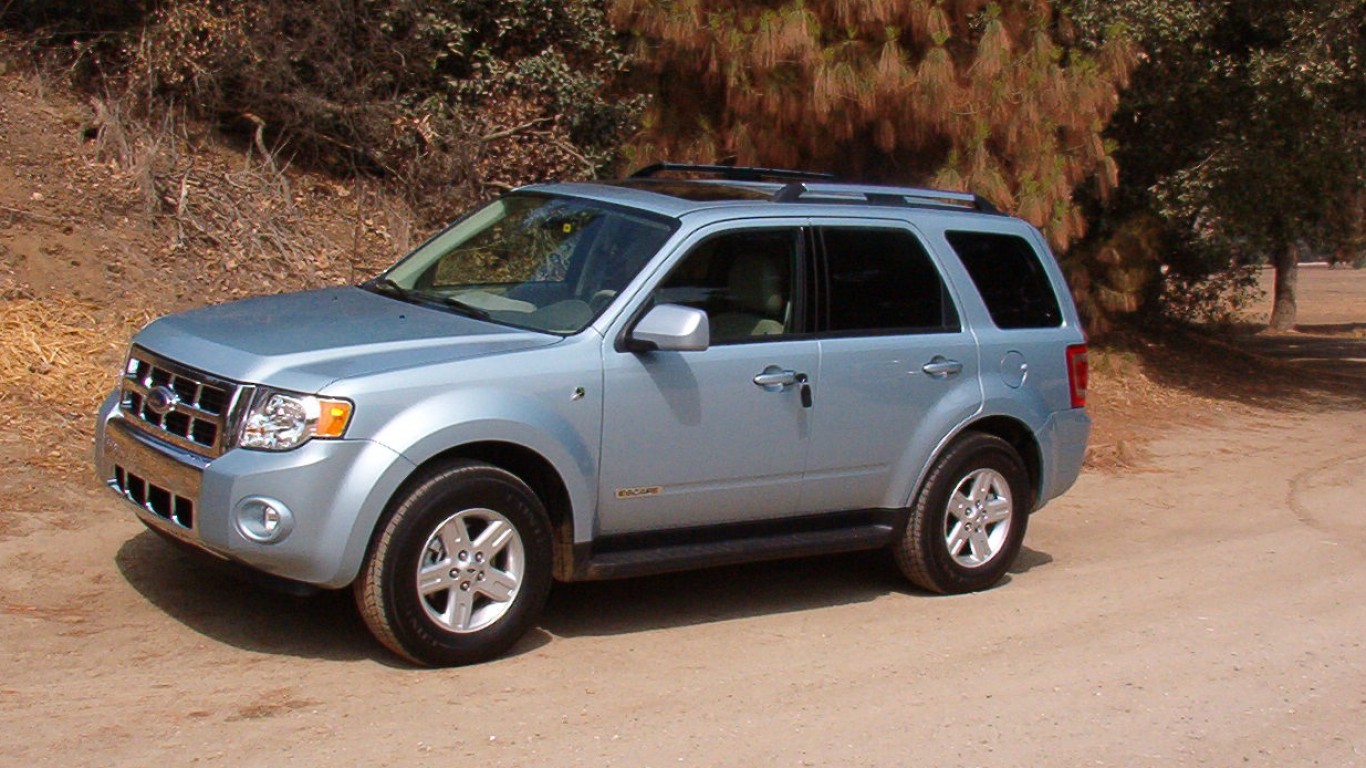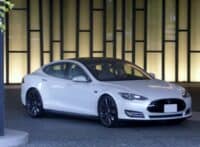
This fall, Ford will begin selling the 2022 Maverick, the first pickup truck with a gas-electric hybrid powertrain. The automaker hopes the truck will achieve an Environmental Protection Agency’s rating of 40 miles per gallon, or 500 miles on a full tank of gasoline. That would be a big step considering that the two-wheel-drive 2021 Chevrolet Silverado, the industry leader, has a combined city/highway mileage of only 27 mpg.
In order to increase overall average fuel economy in the U.S., American automakers must continue to make pickup trucks more fuel efficient, because Americans absolutely love pickups. The best-selling passenger vehicles in the country, besides the Silverado, are the Ford F-Series and the Dodge Ram. (These are the best-selling cars of the last year.)
Since 2004, average mpg for vehicles on American roads has risen 29% thanks to technological innovation and broader deployment of hybrid technology. (Electric cars still make up only a sliver of the market, but as they become more popular, they will play a larger role in increasing overall fuel economy.) Preliminary data in the Environmental Protection Agency’s 2020 Automotive Trends Report shows that average fuel economy for all 2020 light-duty vehicles — cars, SUVs, and most pickup trucks — increased to 25.7 mpg, up from 24.9 mpg for 2019 models. If the data is confirmed, this would make 2020 a record year for total average fuel economy.
Click here to see America’s most eco-friendly vehicles.
Average fuel economy data incorporate all types of cars, from fuel-sipping minis to gigantic gas chuggers. Prices vary, too. A base model Chevrolet Spark hatchback costs about $13,400, and you’ll get a combined average of 33 mpg from it, while a BMW i8 hybrid roadster provides 38 mpg — but starts at nearly $150,000. For less expensive ways to be ecologically responsible, here are 20 ways to make your summer more environmentally friendly.
To identify America’s most eco-friendly vehicles, 24/7 Wall St. reviewed the Environmental Protection Agency’s Fuel Economy Guide for 2020. Hybrids, all-electric cars, and conventional gasoline-fueled vehicles in the most popular categories are included. The miles-per-gallon estimates are a combined figure, assuming 55% city driving and 45% highway driving. In the case of hybrids and all-electric cars, a conversion factor was used to translate fuel economy into mpg.

Two-Seater Cars: BMW I8 Roadster (PHEV)
> Fuel efficiency: 36 MPG
> Vehicle type: Hybrid
[in-text-ad]

Two-Seater Cars: Fiat 124 Spider
> Fuel efficiency: 30 MPG
> Vehicle type: Gasoline
Two-Seater Cars: Mazda MX-5
> Fuel efficiency: 30 MPG
> Vehicle type: Gasoline
Minicompact Cars: Polestar 1 (PHEV)
> Fuel efficiency: 45 MPG
> Vehicle type: Hybrid
[in-text-ad-2]

Minicompact Cars: Mini Cooper Convertible
> Fuel efficiency: 31 MPG
> Vehicle type: Gasoline
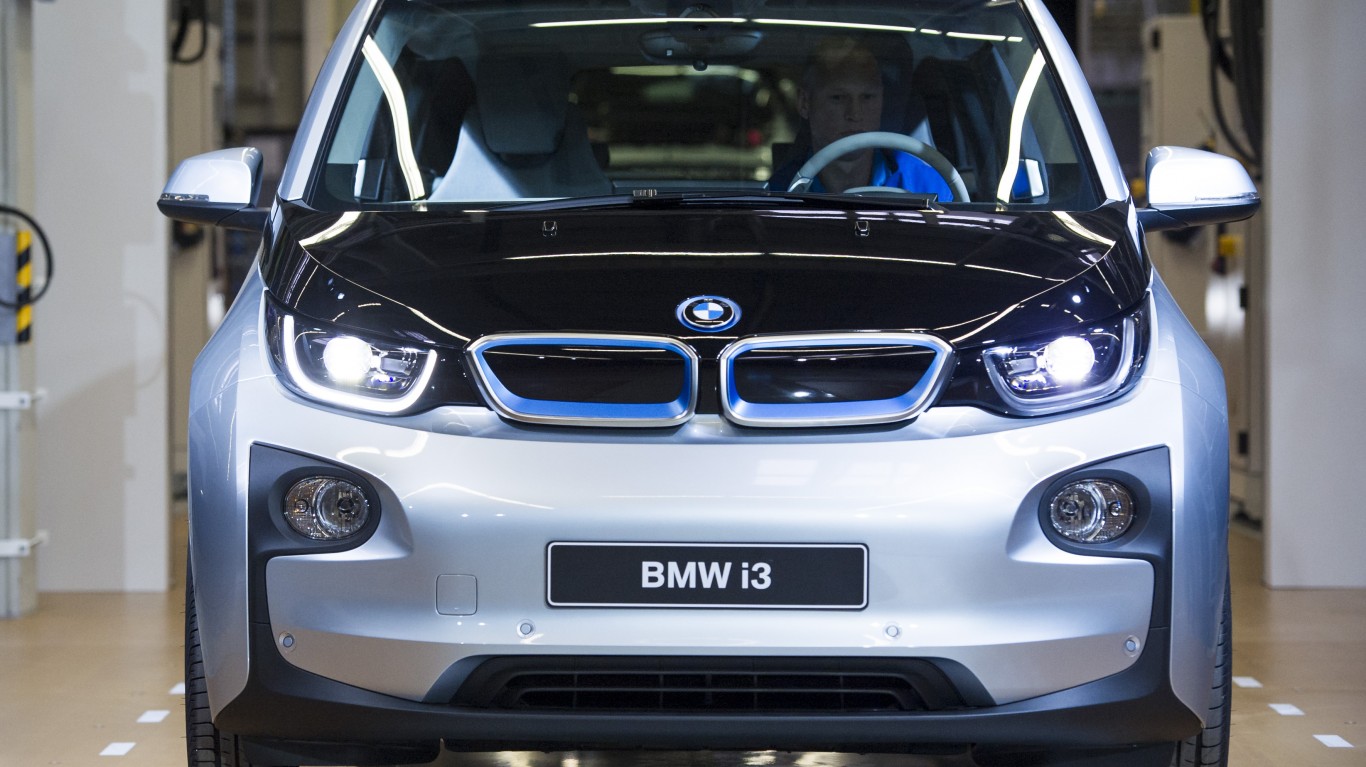
Subcompact Cars: BMW i3 (EV)
> Fuel efficiency: 113 MPG
> Vehicle type: Electric
[in-text-ad]
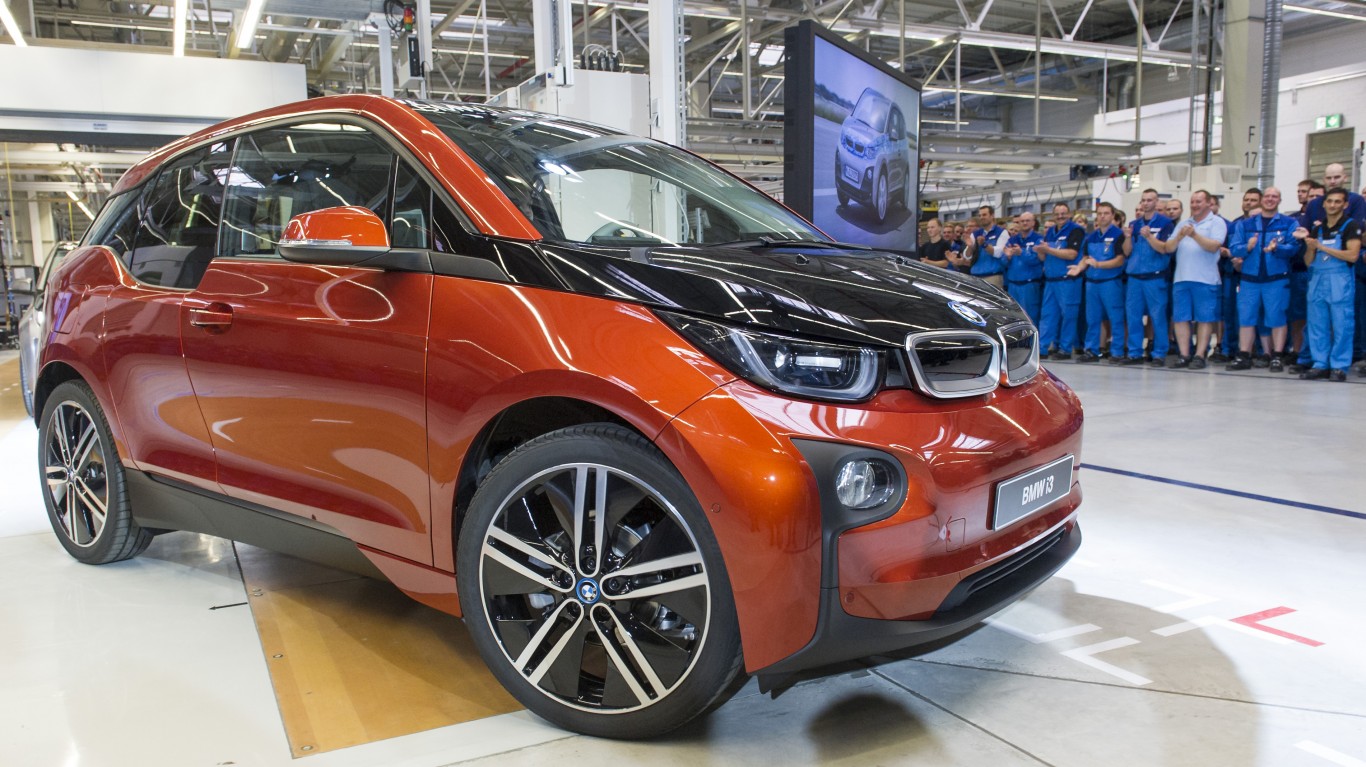
Subcompact Cars: BMW i3s (EV)
> Fuel efficiency: 113 MPG
> Vehicle type: Electric
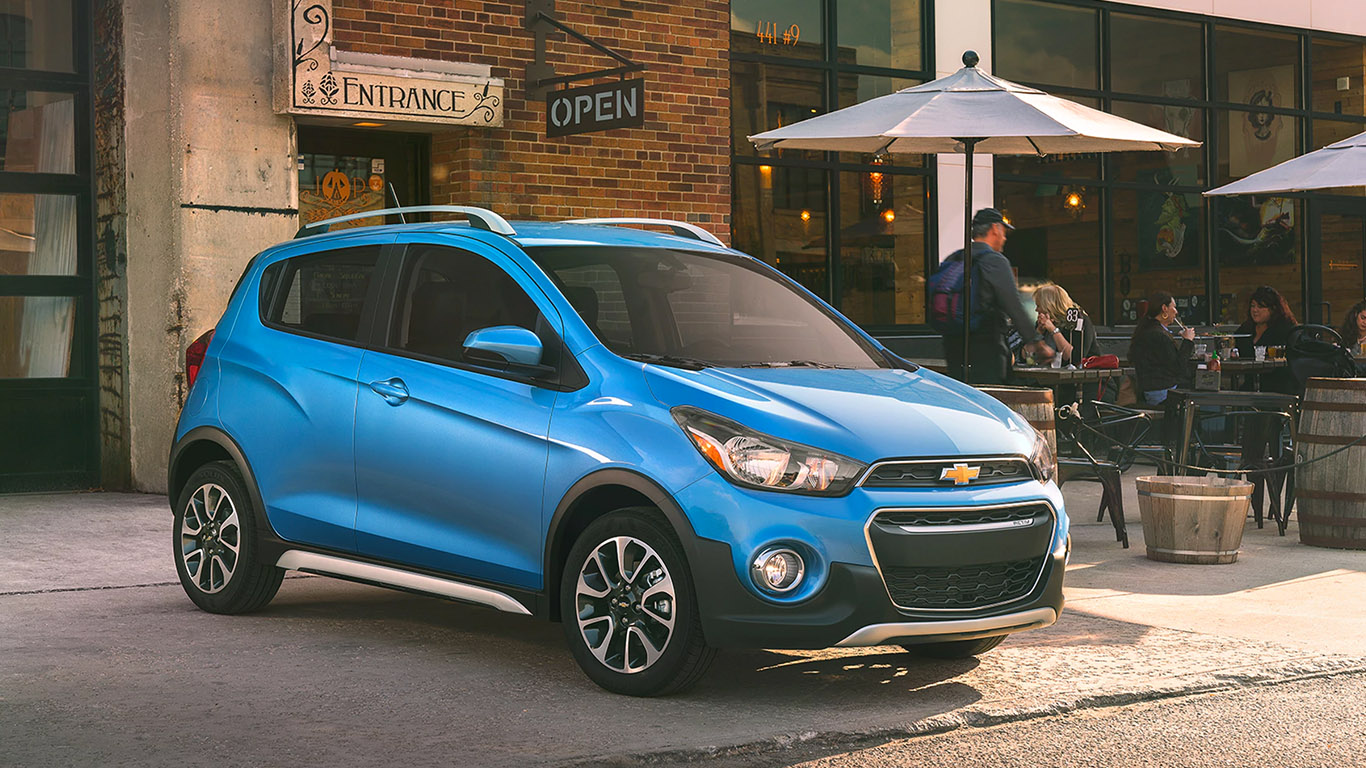
Subcompact Cars: Chevrolet Spark
> Fuel efficiency: 33 MPG
> Vehicle type: Gasoline
Subcompact Cars: Chevrolet Spark ACTIV
> Fuel efficiency: 33 MPG
> Vehicle type: Gasoline
[in-text-ad-2]
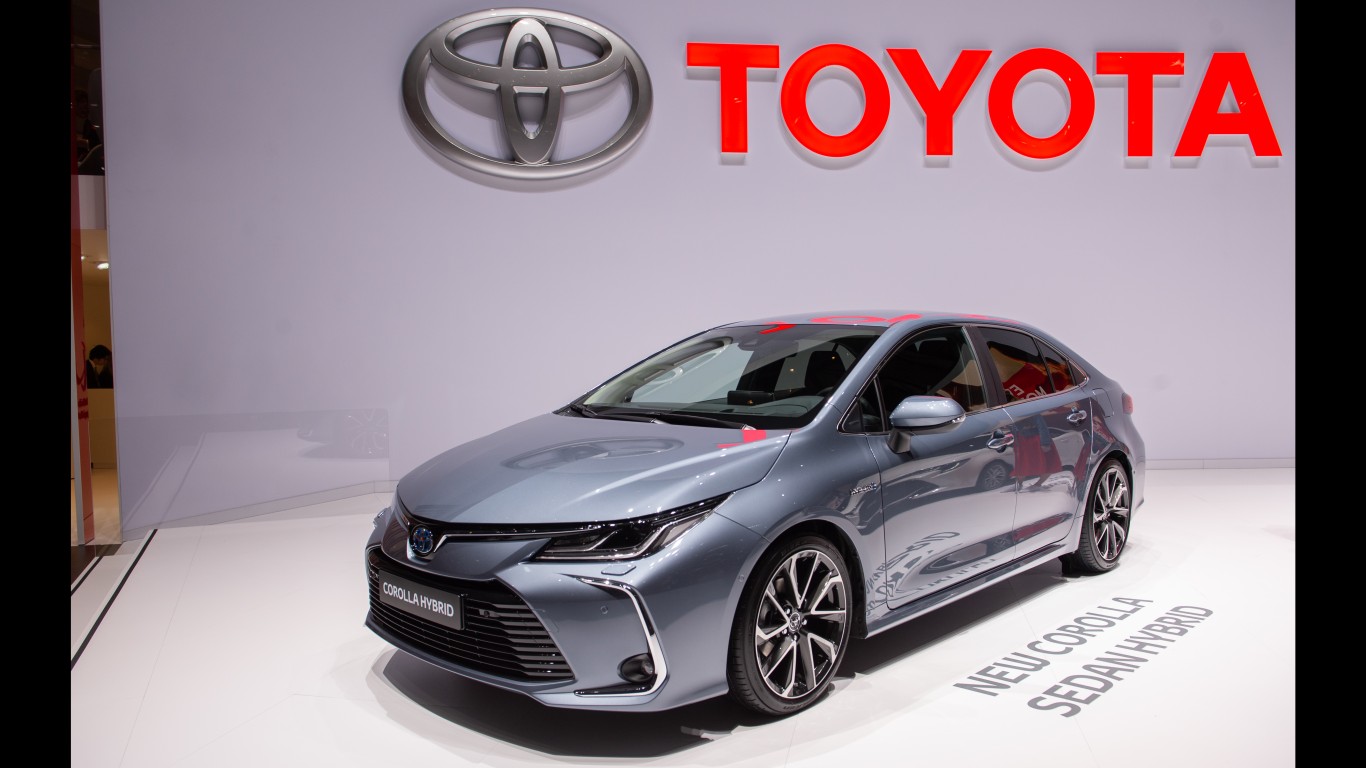
Compact Cars: Toyota Corolla Hybrid
> Fuel efficiency: 52 MPG
> Vehicle type: Hybrid
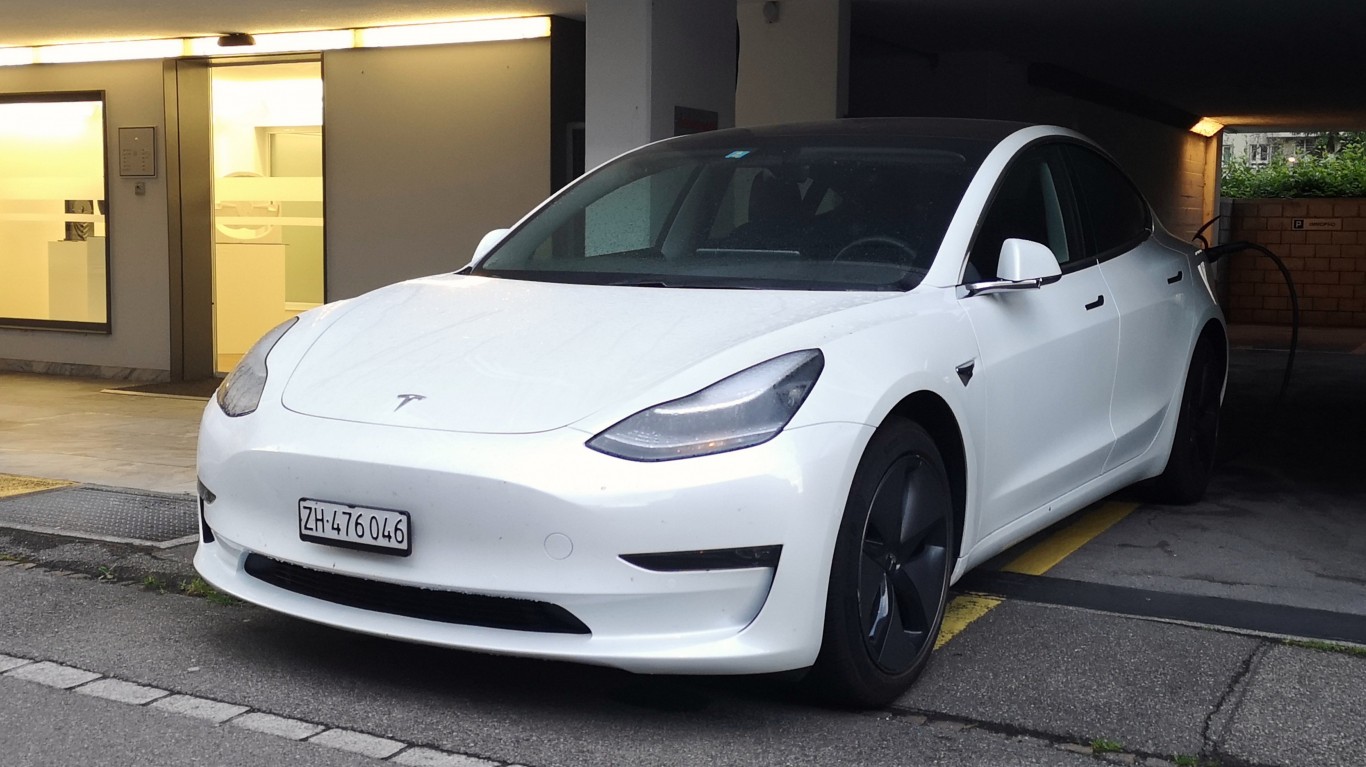
Midsize Cars: Tesla Model 3 Standard Range Plus (EV)
> Fuel efficiency: 141 MPG
> Vehicle type: Electric
[in-text-ad]
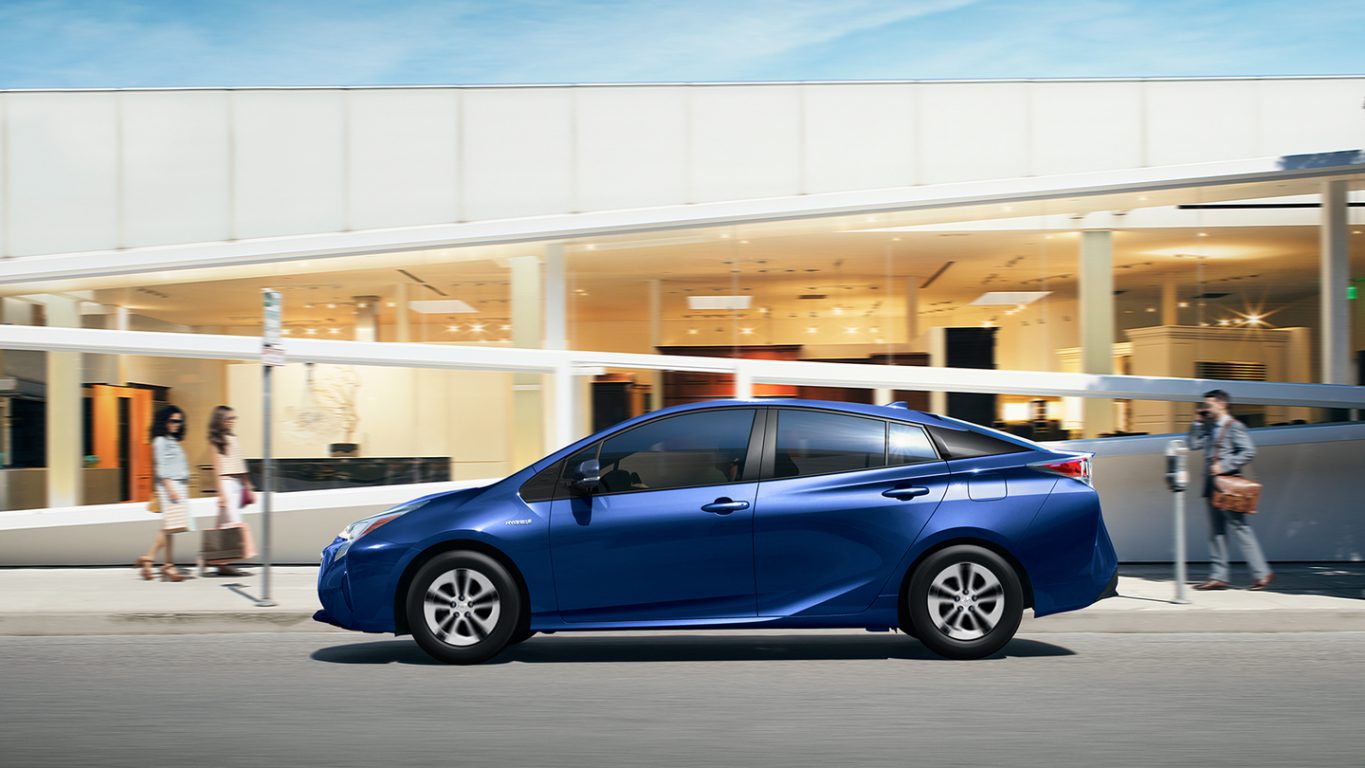
Midsize Cars: Toyota Prius Eco (hybrid)
> Fuel efficiency: 56 MPG
> Vehicle type: Hybrid
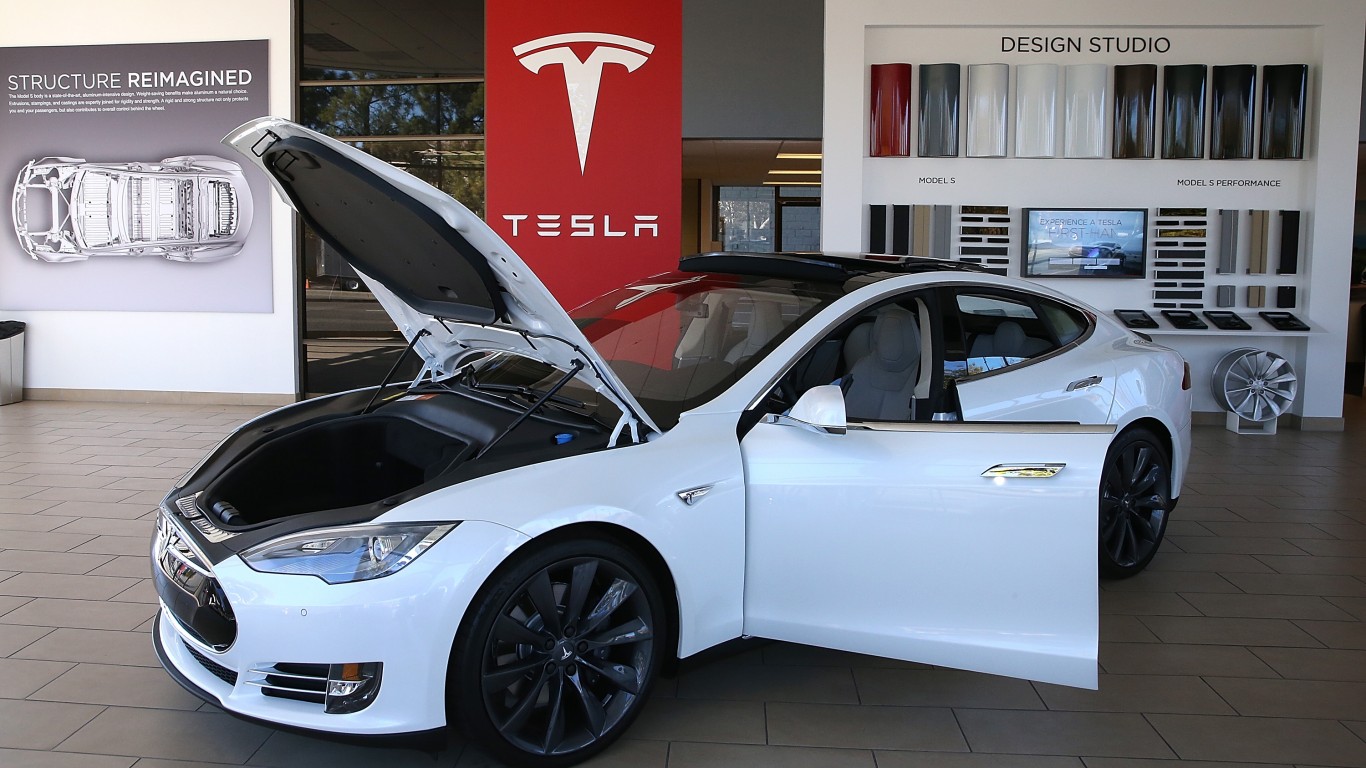
Large Cars: Tesla Model S Long Range Plus (EV)
> Fuel efficiency: 117 MPG
> Vehicle type: Electric
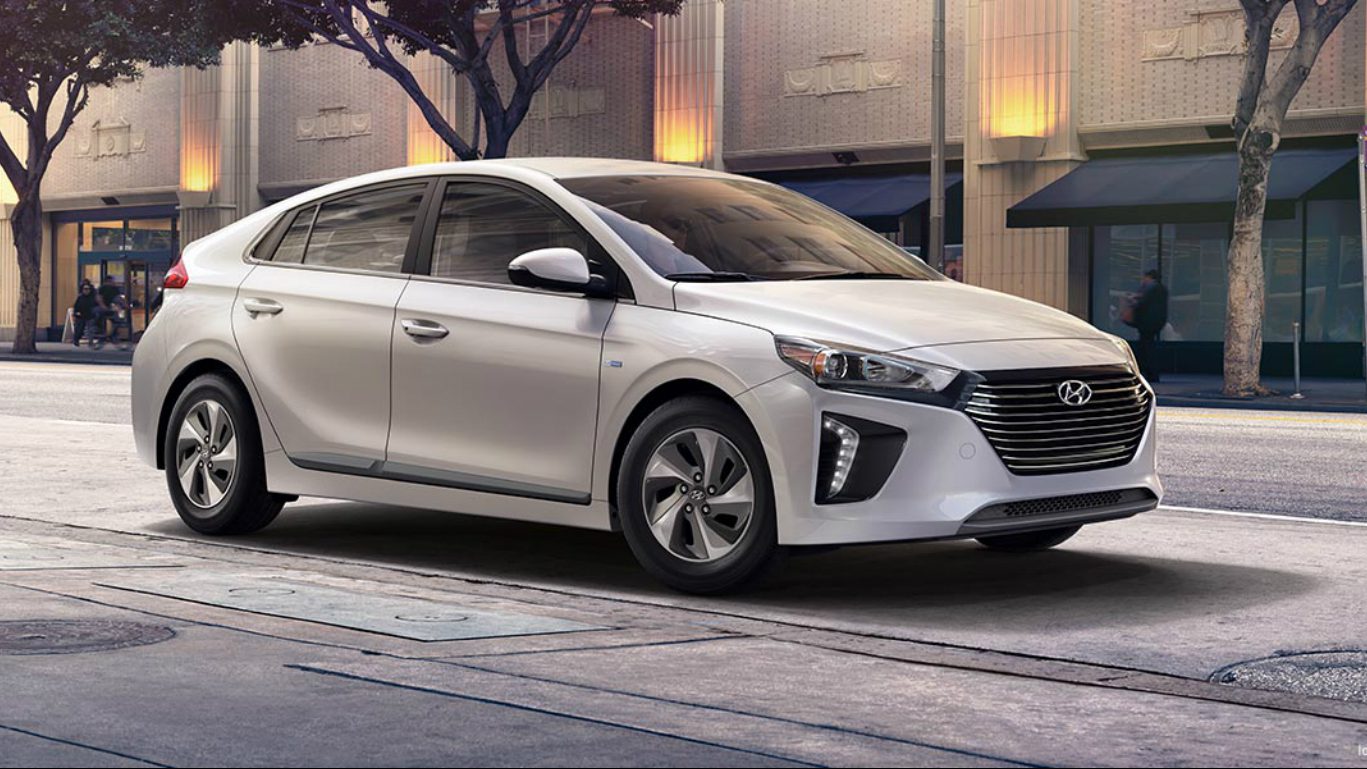
Large Cars: Hyundai Ioniq Blue (hybrid)
> Fuel efficiency: 58 MPG
> Vehicle type: Hybrid
[in-text-ad-2]
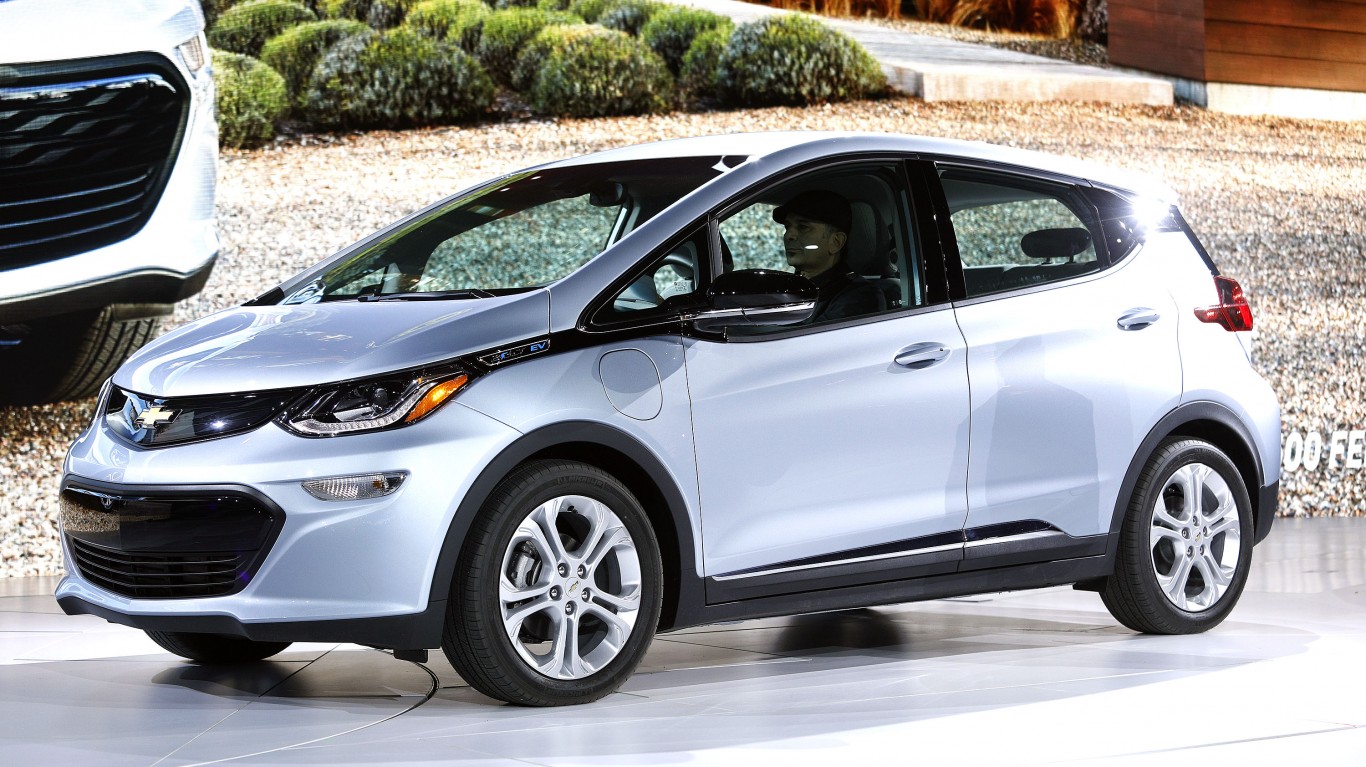
Small Station Wagons: Chevrolet Bolt EV
> Fuel efficiency: 118 MPG
> Vehicle type: Electric
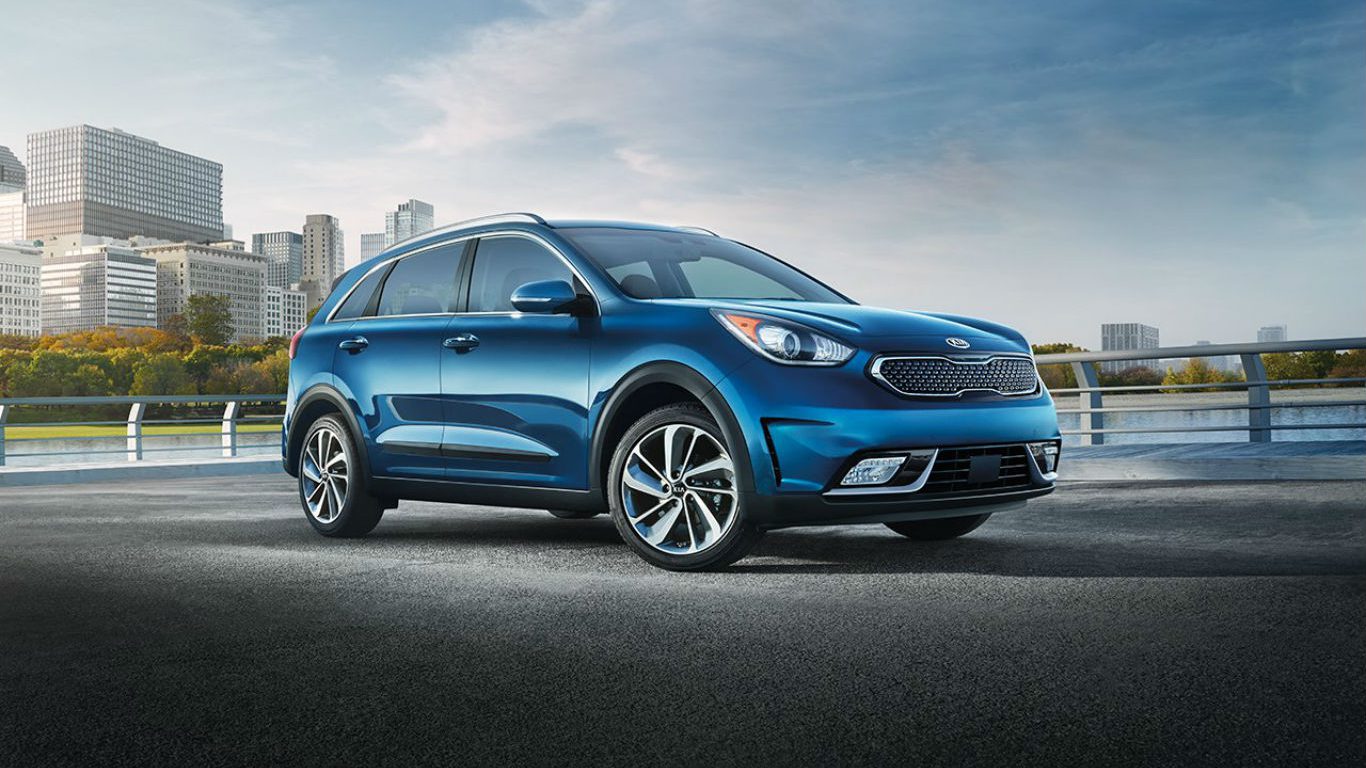
Small Station Wagons: Kia Niro FE (hybrid)
> Fuel efficiency: 50 MPG
> Vehicle type: Hybrid
[in-text-ad]
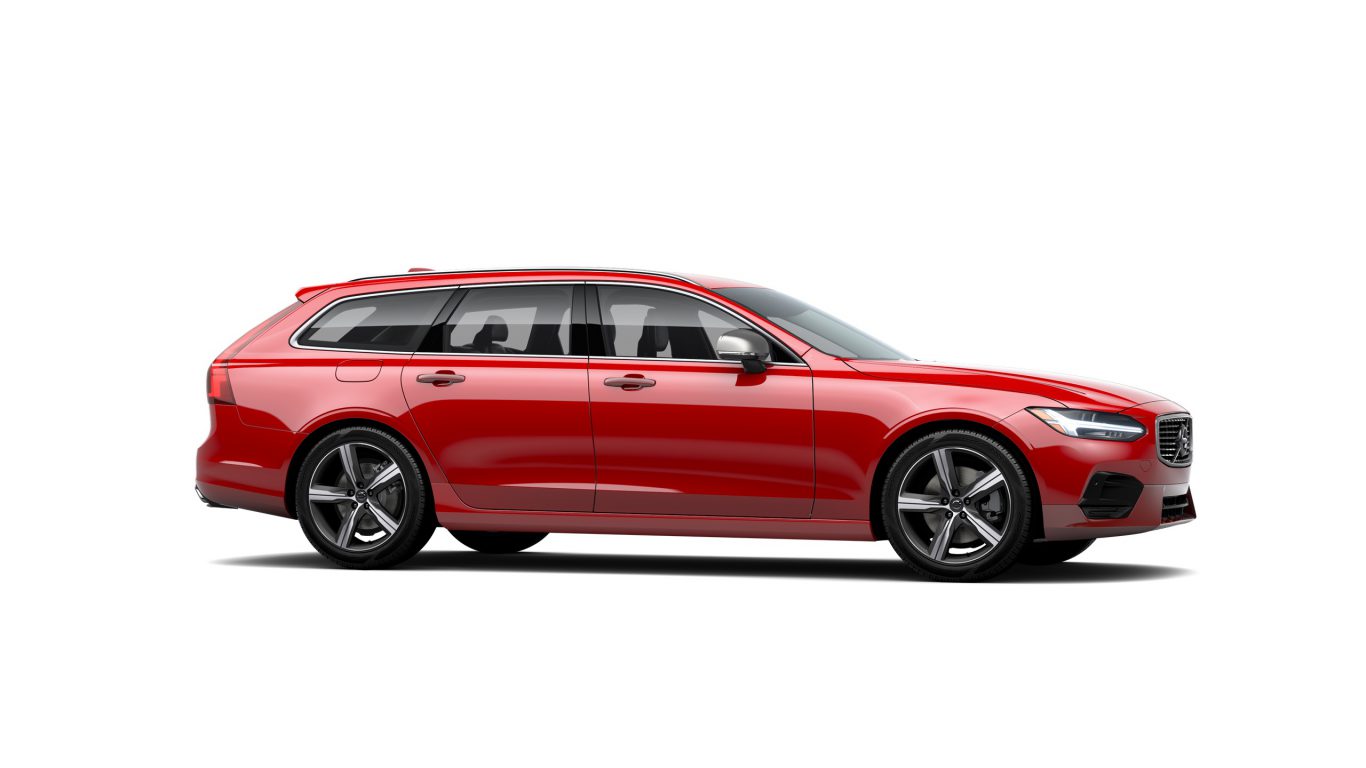
Midsize Station Wagons: Volvo V90 FWD
> Fuel efficiency: 26 MPG
> Vehicle type: Gasoline
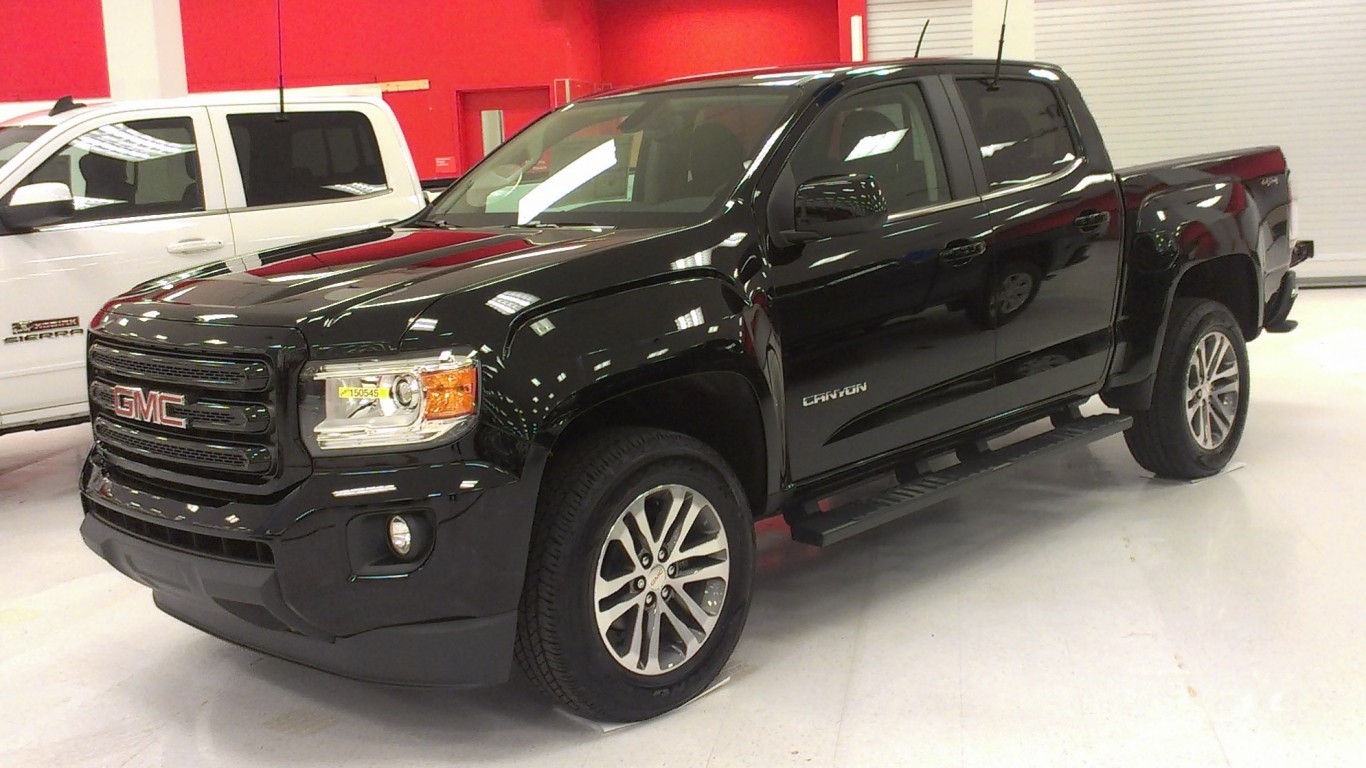
Small Pickup Trucks: Chevrolet Colorado 2WD (diesel)
> Fuel efficiency: 23 MPG
> Vehicle type: Gasoline
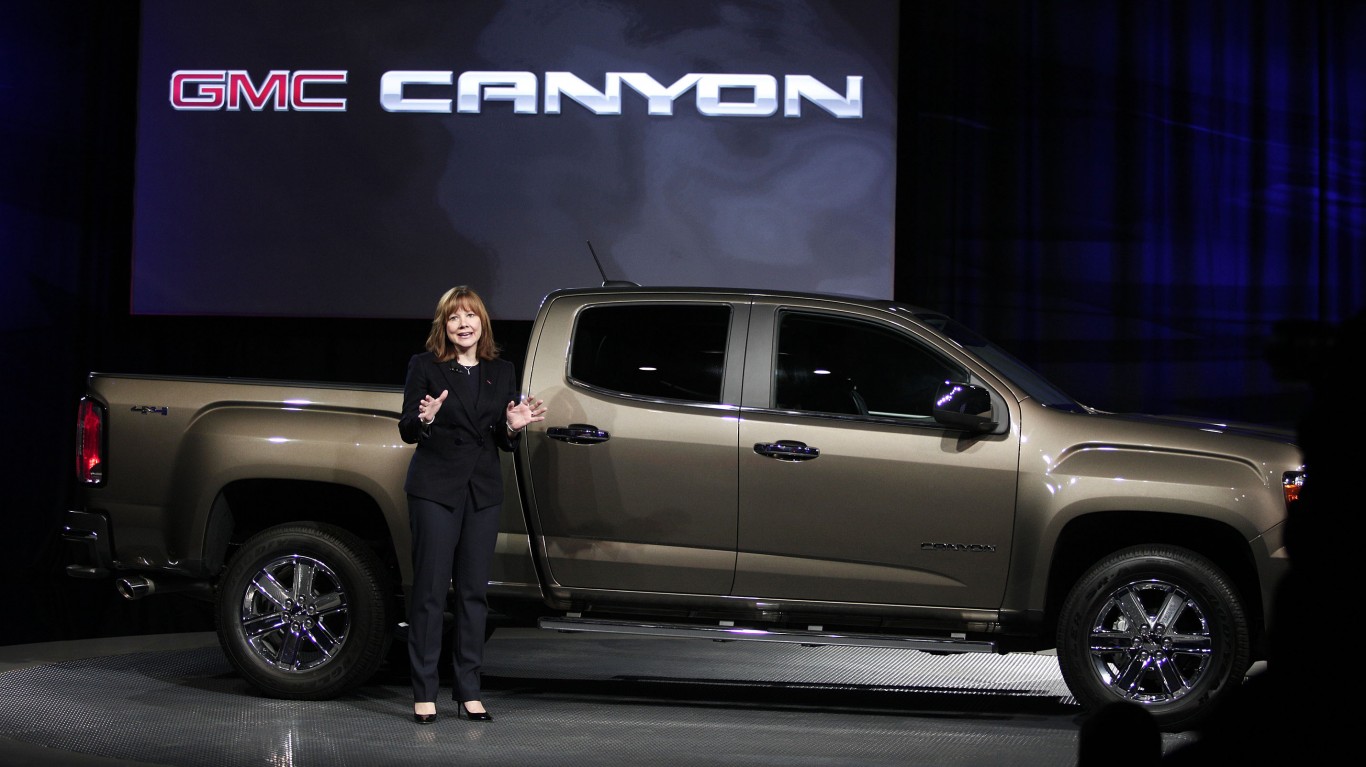
Small Pickup Trucks: GMC Canyon 2WD (diesel)
> Fuel efficiency: 23 MPG
> Vehicle type: Gasoline
[in-text-ad-2]
Standard Pickup Trucks: Chevrolet Silverado 2WD (diesel)
> Fuel efficiency: 27 MPG
> Vehicle type: Gasoline

Minivans: Chrysler Pacifica Hybrid (PHEV)
> Fuel efficiency: 48 MPG
> Vehicle type: Hybrid
[in-text-ad]

Minivans: Chrysler Pacifica
> Fuel efficiency: 22 MPG
> Vehicle type: Gasoline

Minivans: Chrysler Voyager
> Fuel efficiency: 22 MPG
> Vehicle type: Gasoline
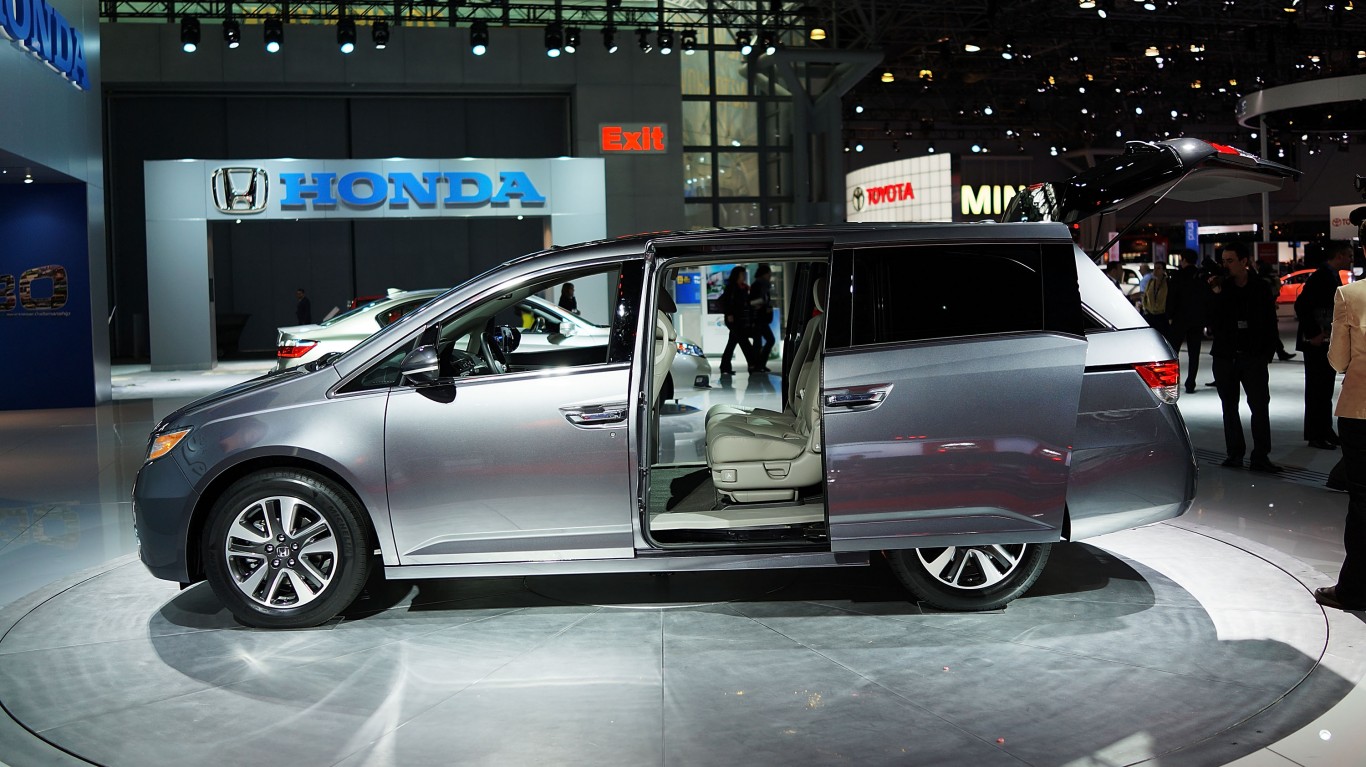
Minivans: Honda Odyssey
> Fuel efficiency: 22 MPG
> Vehicle type: Gasoline
[in-text-ad-2]
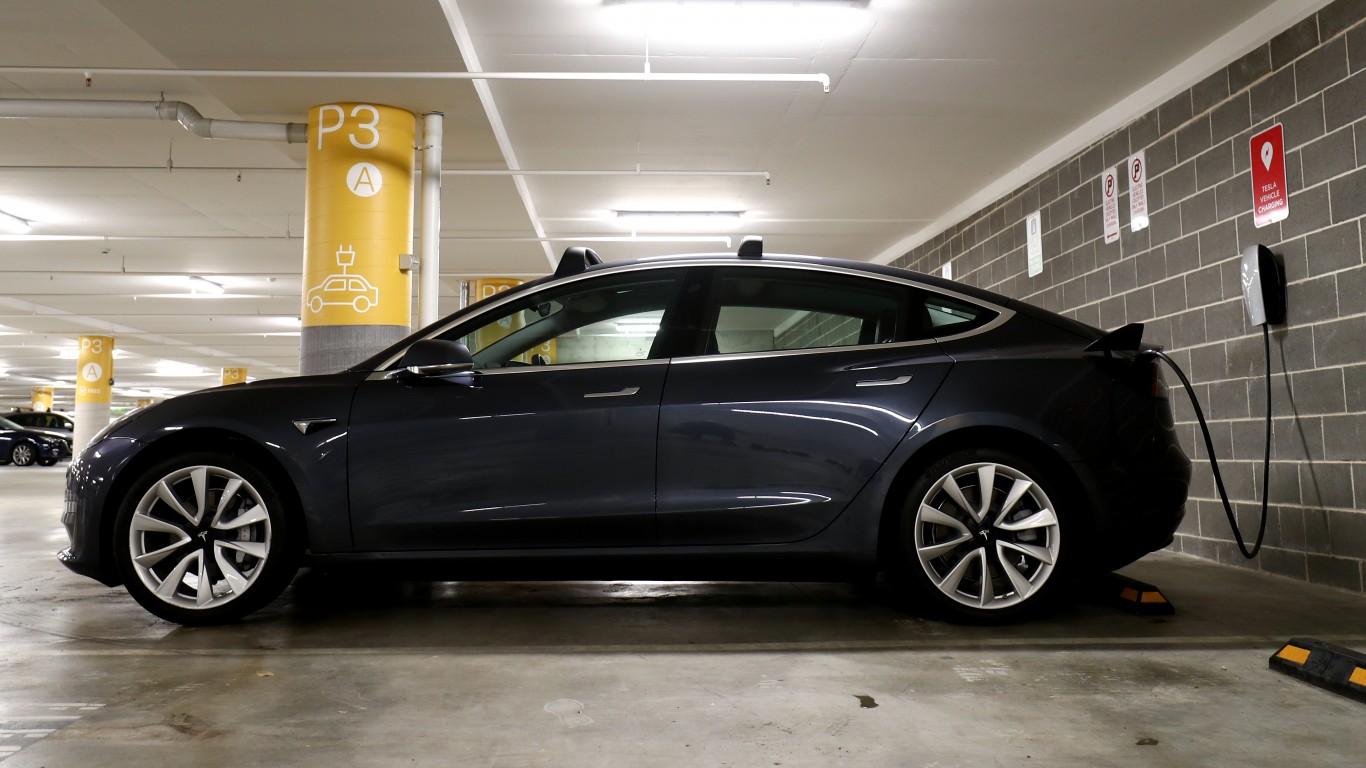
Small Sport Utility Vehicles: Tesla Model Y Performance AWD (EV)
> Fuel efficiency: 121 MPG
> Vehicle type: Electric
Small Sport Utility Vehicles: Ford Escape FWD HEV (hybrid)
> Fuel efficiency: 41 MPG
> Vehicle type: Hybrid
[in-text-ad]
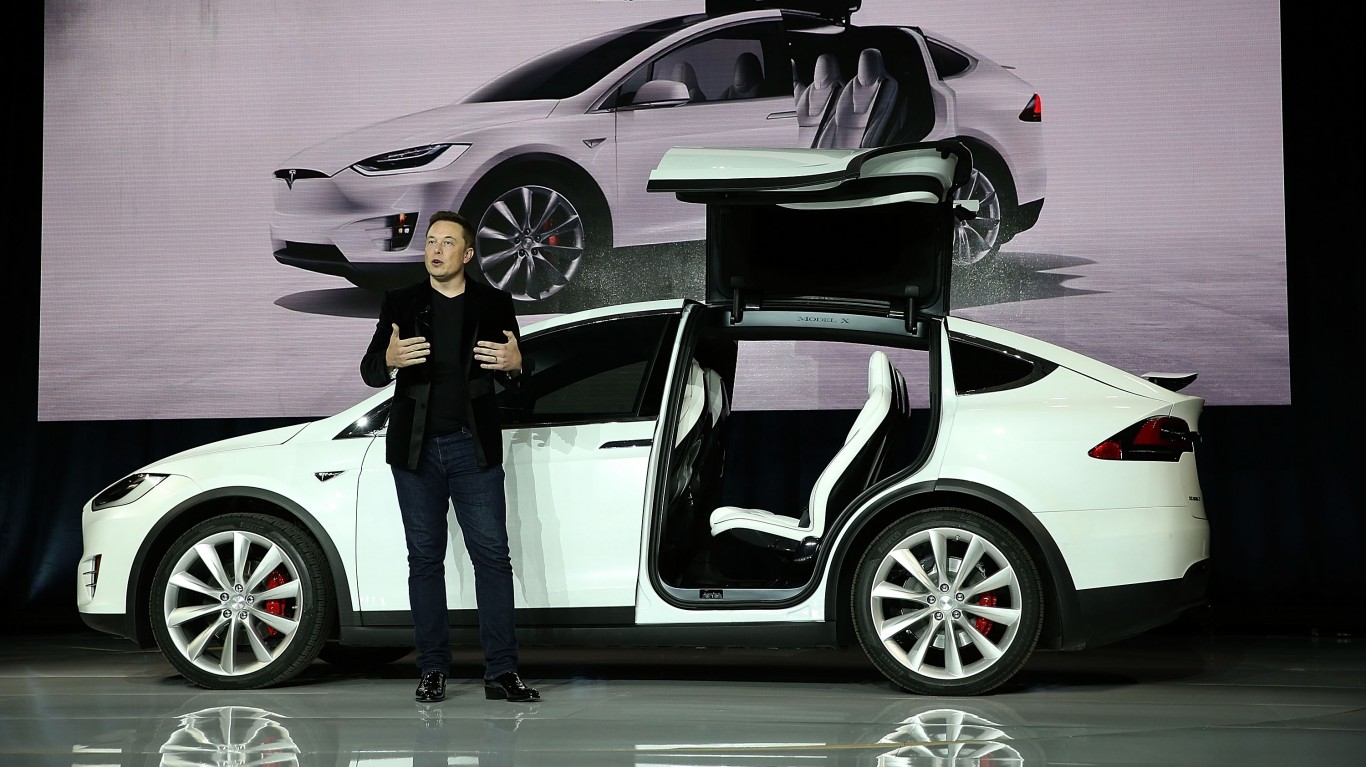
Standard Sport Utility Vehicles: Tesla Model X Long Range Plus (EV)
> Fuel efficiency: 105 MPG
> Vehicle type: Electric
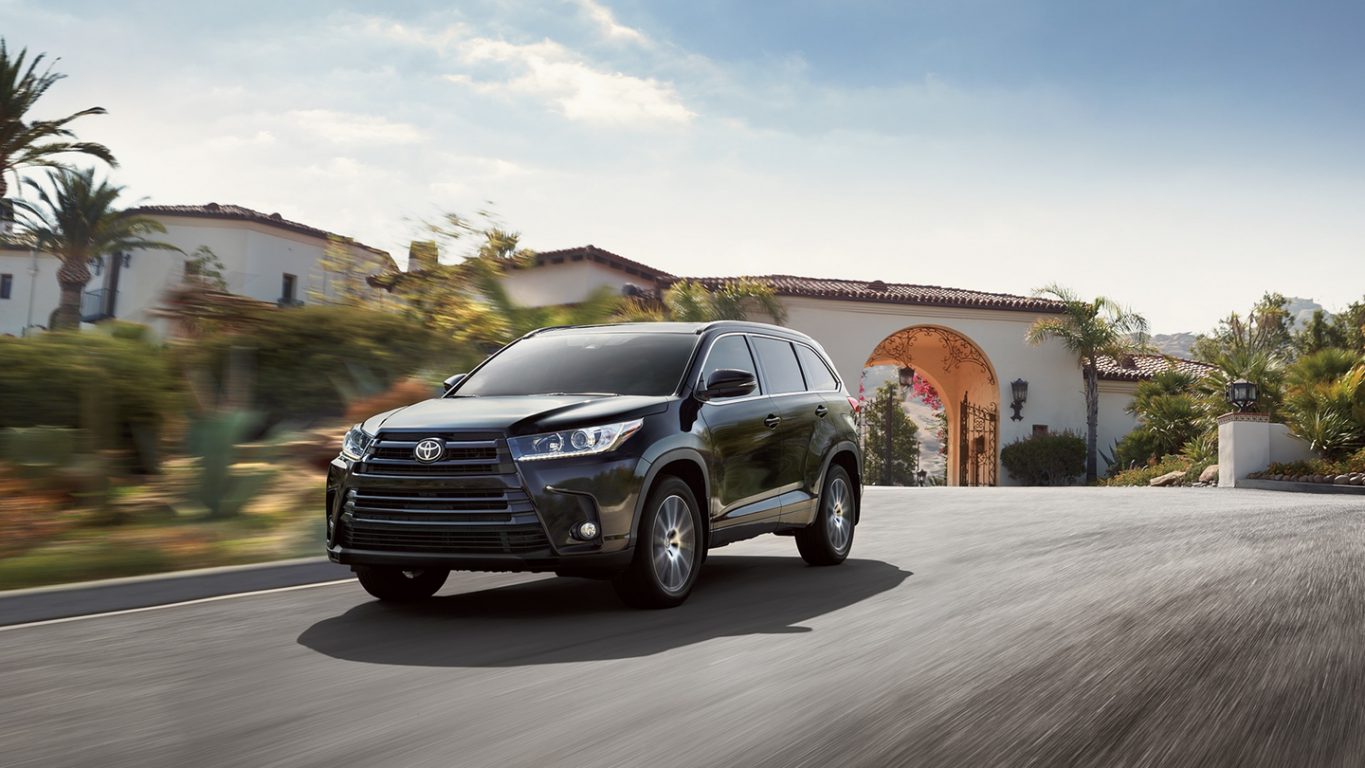
Standard Sport Utility Vehicles: Toyota Highlander Hybrid AWD
> Fuel efficiency: 35 MPG
> Vehicle type: Hybrid
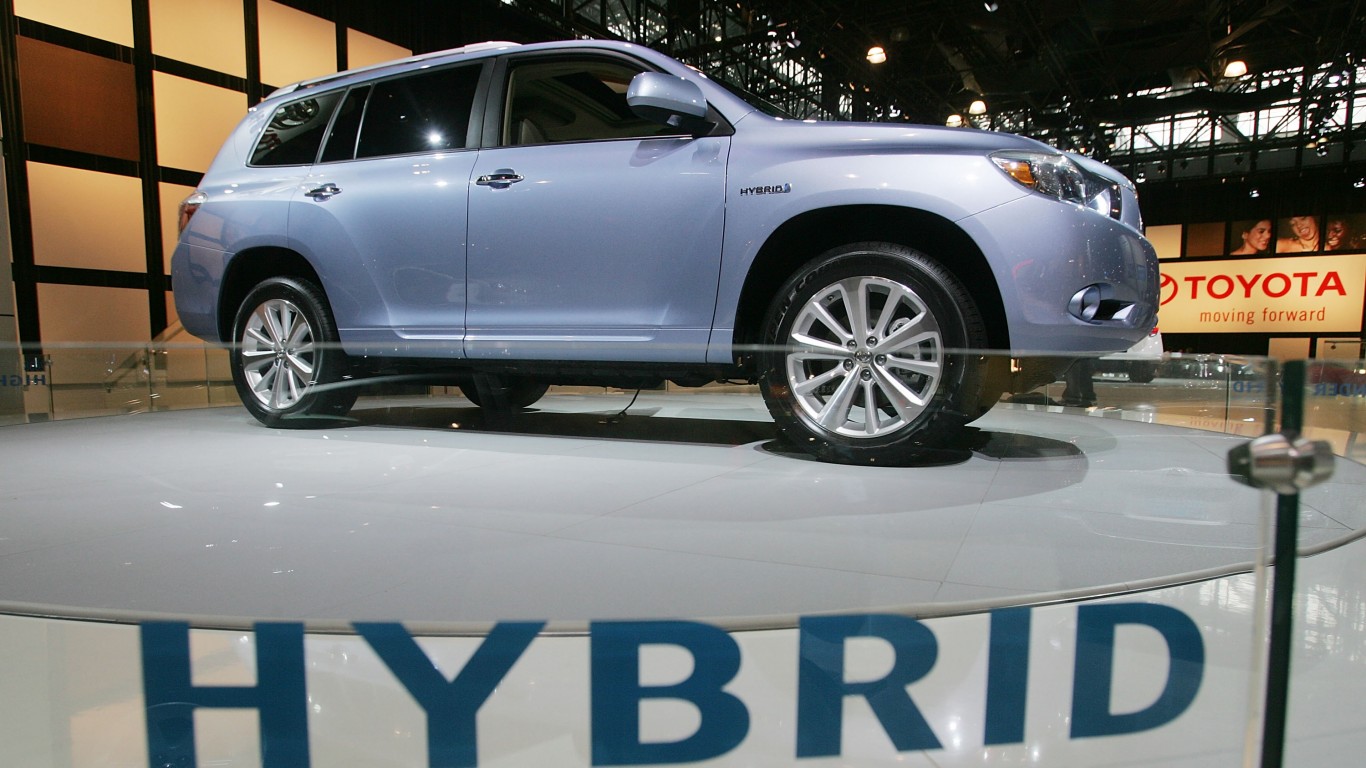
Standard Sport Utility Vehicles: Toyota Highlander Hybrid AWD LTD/PLAT
> Fuel efficiency: 35 MPG
> Vehicle type: Hybrid
Take Charge of Your Retirement In Just A Few Minutes (Sponsor)
Retirement planning doesn’t have to feel overwhelming. The key is finding expert guidance—and SmartAsset’s simple quiz makes it easier than ever for you to connect with a vetted financial advisor.
Here’s how it works:
- Answer a Few Simple Questions. Tell us a bit about your goals and preferences—it only takes a few minutes!
- Get Matched with Vetted Advisors Our smart tool matches you with up to three pre-screened, vetted advisors who serve your area and are held to a fiduciary standard to act in your best interests. Click here to begin
- Choose Your Fit Review their profiles, schedule an introductory call (or meet in person), and select the advisor who feel is right for you.
Why wait? Start building the retirement you’ve always dreamed of. Click here to get started today!
Thank you for reading! Have some feedback for us?
Contact the 24/7 Wall St. editorial team.
